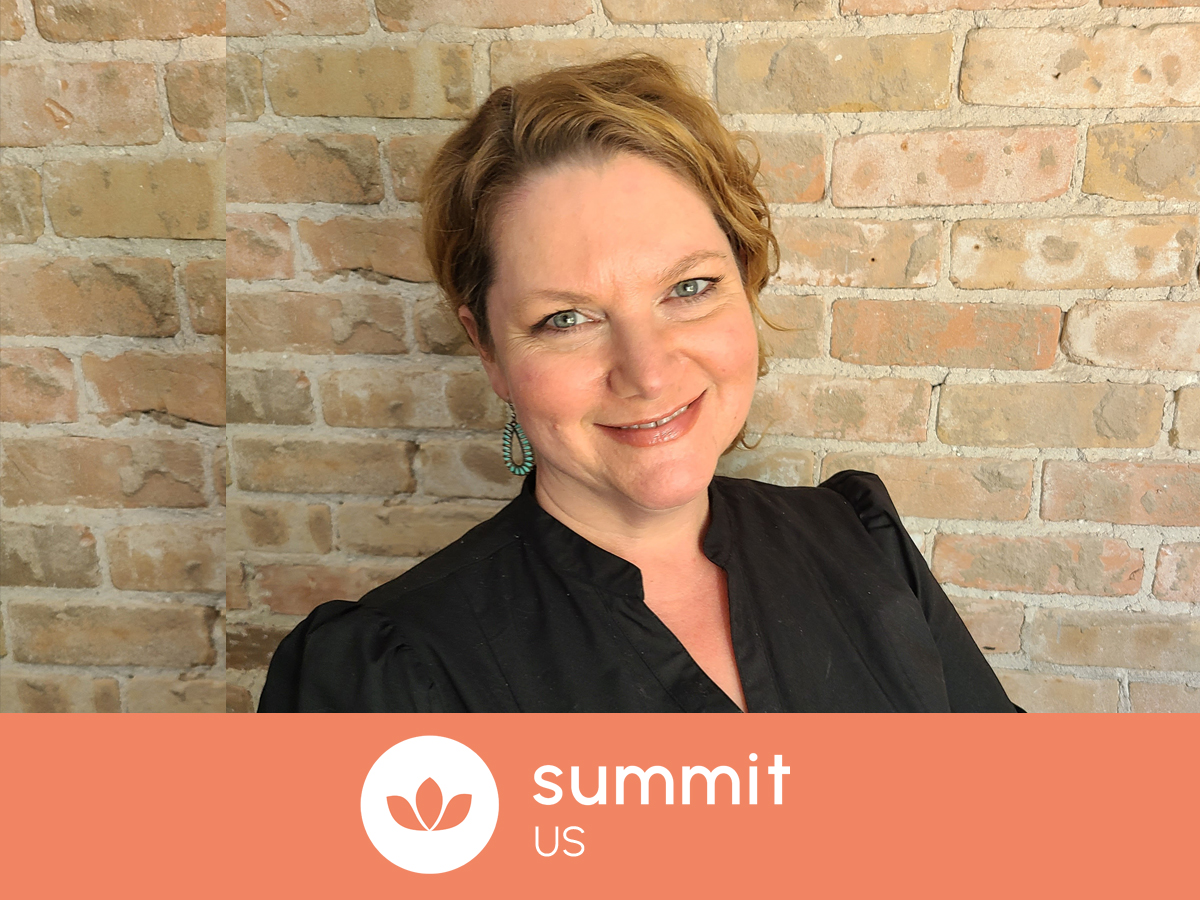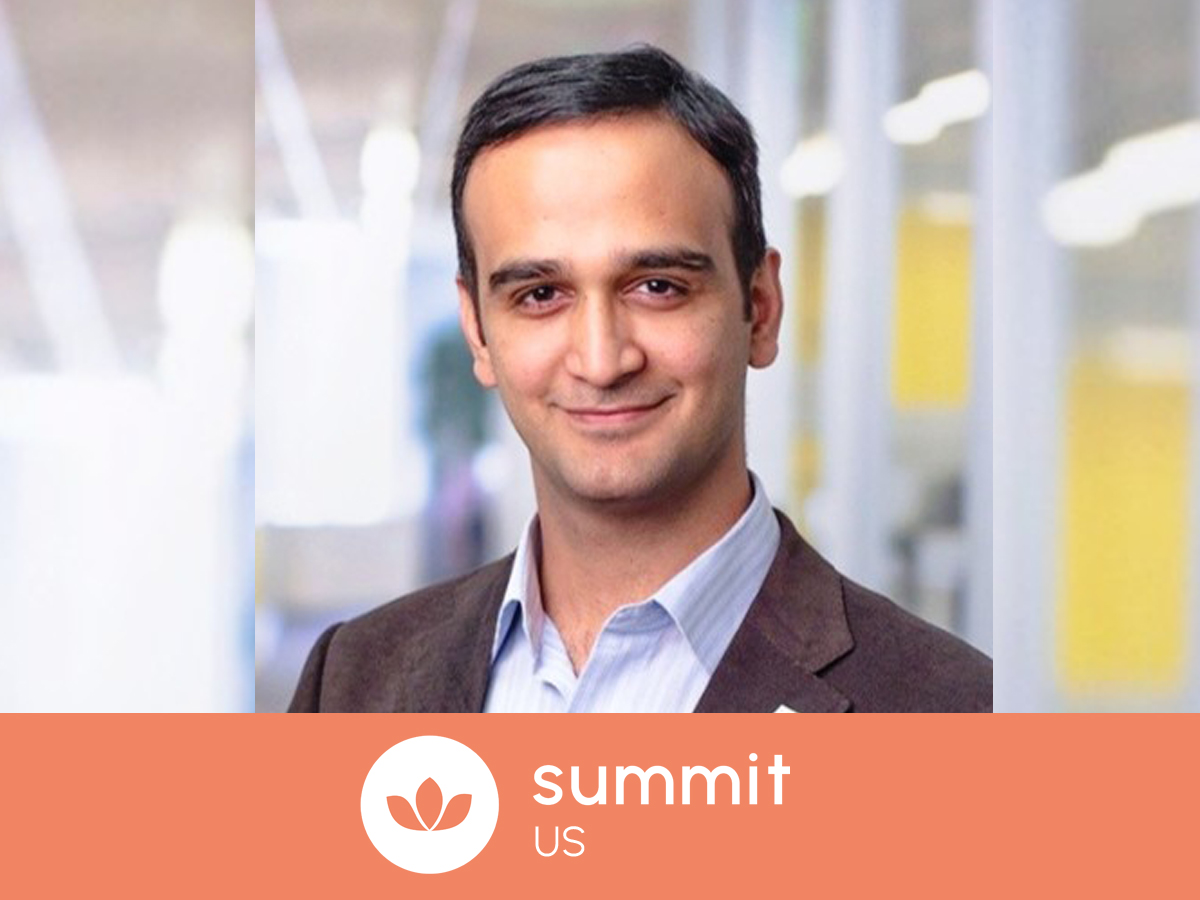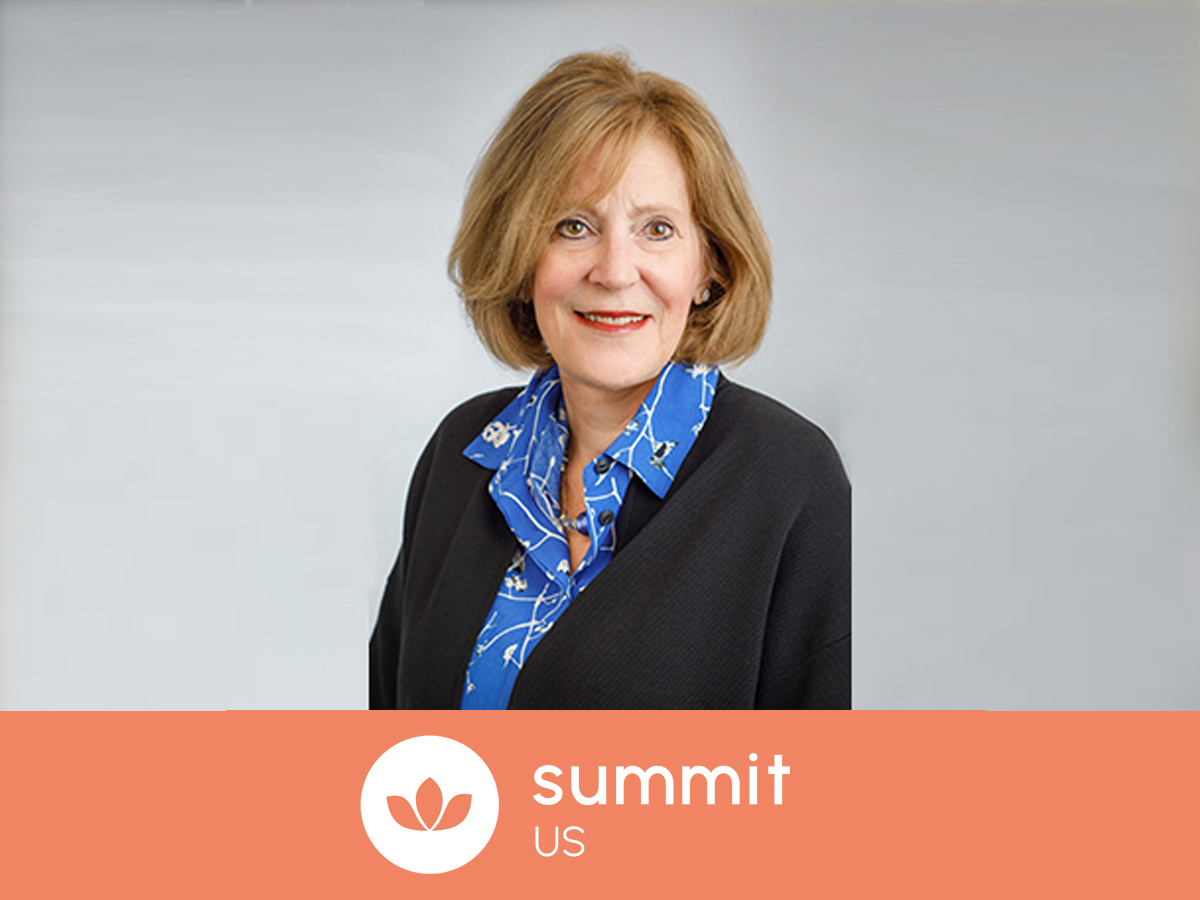
Truus is the Vice Rector Human Resource Development at LUT University, a pioneering role in Finland. With over 35 years of experience in leadership, HR, and organizational change, she has held roles as CHRO, management consultant, and professor at international institutions. She is professor of several modules of Webster University and in the Executive MBA program of the European Institute for Procurement Management (EIPM Shanghai). Dr. Poels earned her PhD from Utrecht University (Netherlands), where she developed the Rhythmics of Organizational Change model. Her work focuses on leadership, organizational behavior, and fostering wellbeing within organizations.
We are delighted that Truus will be speaking in Stockholm as part of our Nordics summit. We caught up with her to find out how she’s feeling in the runup to the event.
Hi Truus, we are thrilled that you will be speaking at the Wellbeing at Work Nordics Summit in May. Our first and most important question is, how are you doing today?
I’m doing really well, thank you! You can really feel that it’s spring – people seem more energized, the days are lighter, and it gives me a boost too. I feel grateful to be able to focus on my work and research, especially around wellbeing at work. It’s a topic that feels even more meaningful when everything around us is coming to life again.
As a leader based in the region, what are the main challenges you are facing when it comes to employee wellbeing and mental health?
One of the main challenges is balancing heavy workloads and high pressures with a healthy work-life balance. Many organizations face a volatile environment in which change is constant. We must understand and accept that. Change means people need to adapt constantly.
Another main challenge is maintaining wellbeing in high-performing environments where people are deeply committed. That is why we’re focusing on building a positive work culture where people feel engaged, motivated, and supported. An environment that encourages people to be their best selves.
What strategies have you seen developing over the past 6 months, both internally and externally, that are moving the dial on wellbeing in the workplace?
I’ve seen a growing focus on proactive wellbeing strategies – like embedding mental health conversations into regular team routines and investing in leadership development with a human focus. These efforts are starting to move the dial, especially in normalizing the importance of psychological safety and rest. At the same time, there are still aspects of wellbeing that receive too little attention – like social connection and sense of belonging. These areas deserve more focus. But it’s equally important to recognise and value the parts of a wellbeing culture that are already working well. Celebrating what’s going right gives energy and direction – it reinforces that wellbeing isn’t a fix, it’s a foundation we continue to build together.
Why is employee wellbeing so important to you personally?
In my career the topics people and work always where the main topics. I enjoy interacting with different people and understanding them, their ambitions and concerns. Helping people and organisations is my passion. Employee wellbeing matters to me deeply because I believe that people do their best work when they feel seen, supported, and valued – not just as professionals, but as humans. Work is still a big part of our lives, and when the environment is positive and healthy, it uplifts everything around it – energy, relationships, creativity.
What impact is AI having in your organisation and how are you managing that?
AI is rapidly transforming the university environment – both in what we teach and how we work. AI accelerates data analysis, enables new forms of collaboration and opens entirely new fields of inquiry. At the same time, this transformation brings challenges, ensuring academic integrity, ethical use, data privacy, and upskilling staff and student to use AI critically and responsibly. Managing this means creating clear guidelines, fostering open dialogue, and integrating AI in a way that support – not replaces – the human core of academic life.
Other than AI, are there any challenges that you are seeing for the first time and how are you addressing them?
In today’s fast-changing work environment, several topical themes are gaining momentum.
- For employee wellbeing and mental health, we can conclude that this is no longer seen as a luxury, but as a key driver of performance, retention, and sustainable success. This can be addressed by including the increase of wellbeing at work in the development of the organisational culture.
- The demand for constant reskilling and upskilling can be addressed by career pathways, promoting a growth mindset, personal and professional development.
- To support leadership is extremely important: we all know that managers have a significant impact on their team’s atmosphere, productivity and job satisfaction. I have learned that good leadership can make a real difference: it can motivate individuals and teams, create an inspiring working atmosphere, and recognise and stimulate the wellbeing and talents of each individual.
What areas do you think employers should be focused on over the next 12 months?
In this world of constant change, employers can shape the future of work in meaningful ways. HR strategies and plans, culture development, leadership development should lead the way in fostering a positive work culture.
Do you feel that investment in employee wellbeing in the region is increasing or decreasing and is that a direct reflection on HR leaders’ increasing ability to demonstrate effective returns of their strategies to leadership?
Yes, investment in employee wellbeing is clearly increasing across the Nordic region. There’s growing recognition that wellbeing is not only the right thing to do, but also a strategic enabler of performance, engagement, and resilience. What’s encouraging is that HR leaders are becoming more skilled and translating wellbeing strategies into tangible outcomes – such as reduced turnover, improved productivity, and higher employee satisfaction.
How has your organisation been leading the way?
LUT University has taken a proactive and visible role in shaping a positive work culture where wellbeing is seen as a shared responsibility and strategic priority. One of the most impactful steps has been the appointment of Finland’s first Vice-Rector of Human Resource Development – highlighting that people and culture are central to our university’s success.
We’ve also engaged our entire community through a culture assessment process, followed by concrete initiatives like the LUT 1st May Celebration, which brings people together around themes like wellbeing and shared values. These events aren’t just symbolic, they build a sense of belonging, spark dialogue, and reinforce the idea that everyone contributes to our culture.
Truus will be speaking in Stockholm at the Wellbeing at Work Summit Nordics which takes place in Stockholm on 20th May and virtually on 21st May. Further details on the Summit and tickets can be found here.



